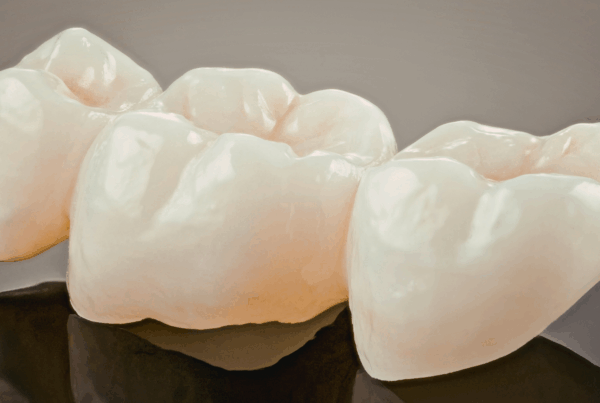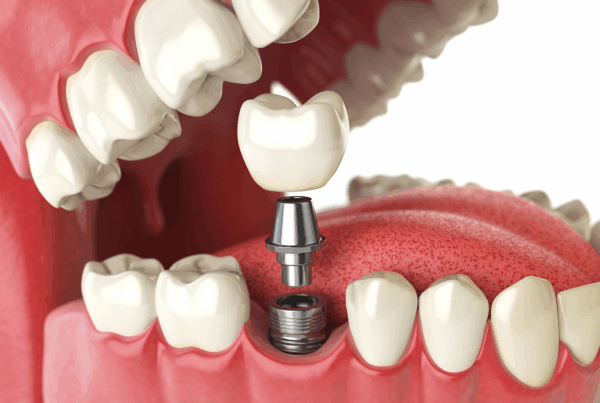When it comes to replacing missing teeth, dental implants offer an unparalleled solution in terms of durability, aesthetics, and functionality. Whether you’re dealing with the loss of a single tooth or need a complete restoration, understanding your options can help you make an informed decision that best suits your oral health needs. In this blog, we’ll explore the importance of replacing missing teeth, the possibility of full-mouth implants, and essential questions to ask before starting your dental implant journey.
 Does a Missing Tooth Need to Be Replaced?
Does a Missing Tooth Need to Be Replaced?
Losing a tooth is more than just a cosmetic concern; it has significant implications for your overall oral health and well-being. A missing tooth can create a domino effect in your mouth, leading to a range of complications if not addressed promptly.
When a tooth is lost, the surrounding teeth lose the support that the missing tooth once provided. This lack of support can cause adjacent teeth to shift into the gap, leading to misalignment, bite issues, and difficulty in chewing. Over time, this can result in uneven wear on your teeth, increased risk of tooth decay, and even jaw pain due to improper alignment.
Beyond these immediate issues, a missing tooth can have more severe long-term effects. One of the most concerning is bone loss in the jaw. Your jawbone requires stimulation to maintain its density and structure, which is typically provided by the roots of your teeth. When a tooth is missing, the lack of stimulation causes the jawbone to deteriorate, a process known as bone resorption. This bone loss can lead to a sunken or prematurely aged facial appearance, as well as further tooth loss as the jawbone weakens.
Replacing a missing tooth is crucial to maintaining the integrity of your dental structure and preventing these complications. While there are several options for replacing a tooth, dental implants are considered the gold standard. Unlike bridges or dentures, implants replace both the root and the crown of the tooth, providing a stable, long-lasting solution. Dental implants fuse with the jawbone, preventing bone loss and preserving the natural contour of your face. They function just like your natural teeth, allowing you to eat, speak, and smile with confidence.
In addition to their functional benefits, dental implants offer a superior aesthetic result. The custom-made crowns are designed to match the color, shape, and size of your surrounding teeth, making them virtually indistinguishable from your natural teeth. This makes dental implants the most effective and permanent solution for replacing a missing tooth, ensuring that you can maintain your oral health and smile with confidence for years to come.
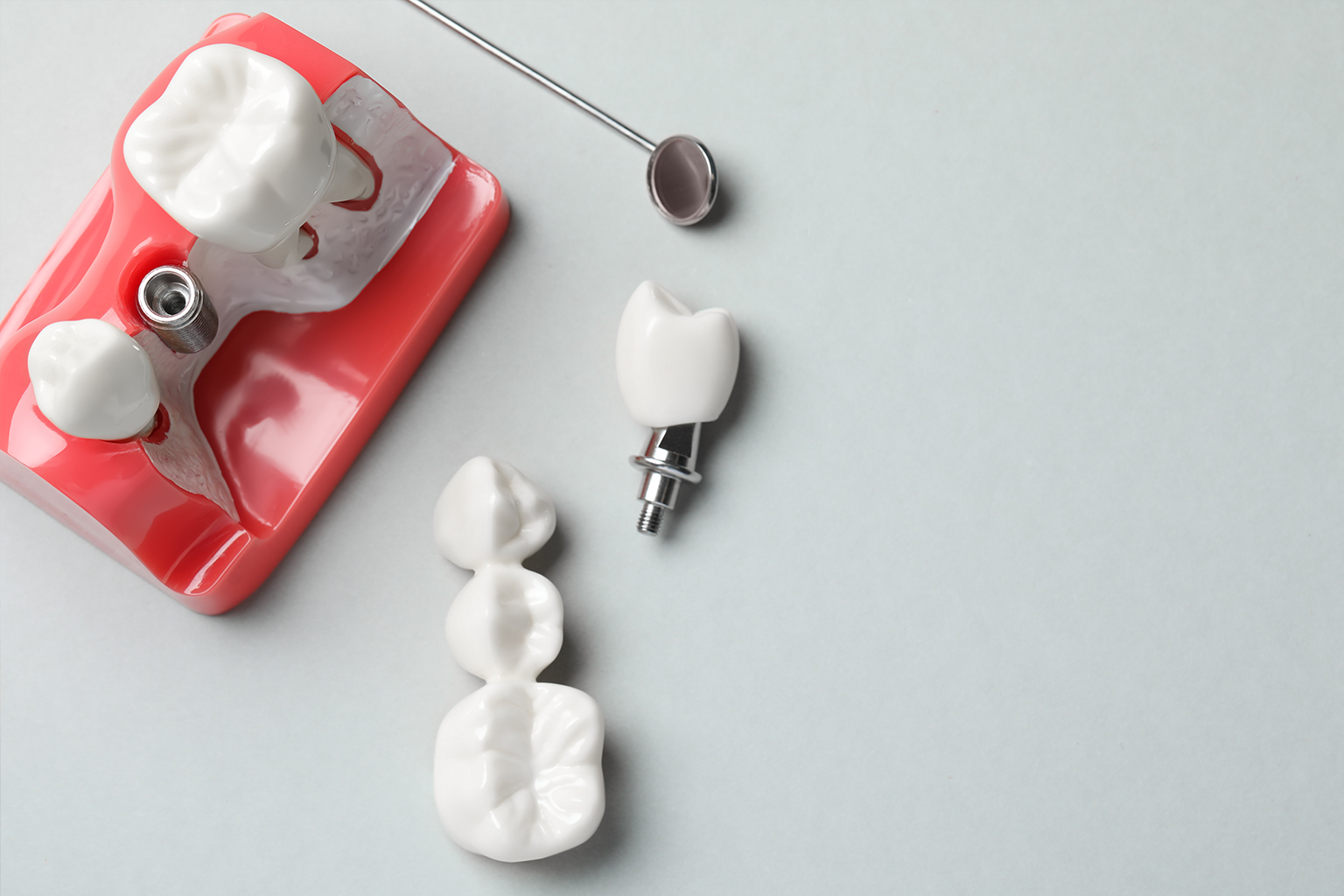 Can You Replace All Your Teeth with Dental Implants?
Can You Replace All Your Teeth with Dental Implants?
Yes, you can replace all your teeth with dental implants! Whether you’ve lost teeth due to age, injury, or medical conditions, dental implants provide a comprehensive solution. Full-mouth dental implants, often referred to as implant-supported dentures or all-on-four implants, can replace an entire arch of teeth. Unlike traditional dentures, these implants are securely anchored into your jawbone, providing a stable and durable foundation. This not only enhances your ability to chew and speak but also restores your smile’s natural appearance and your confidence.
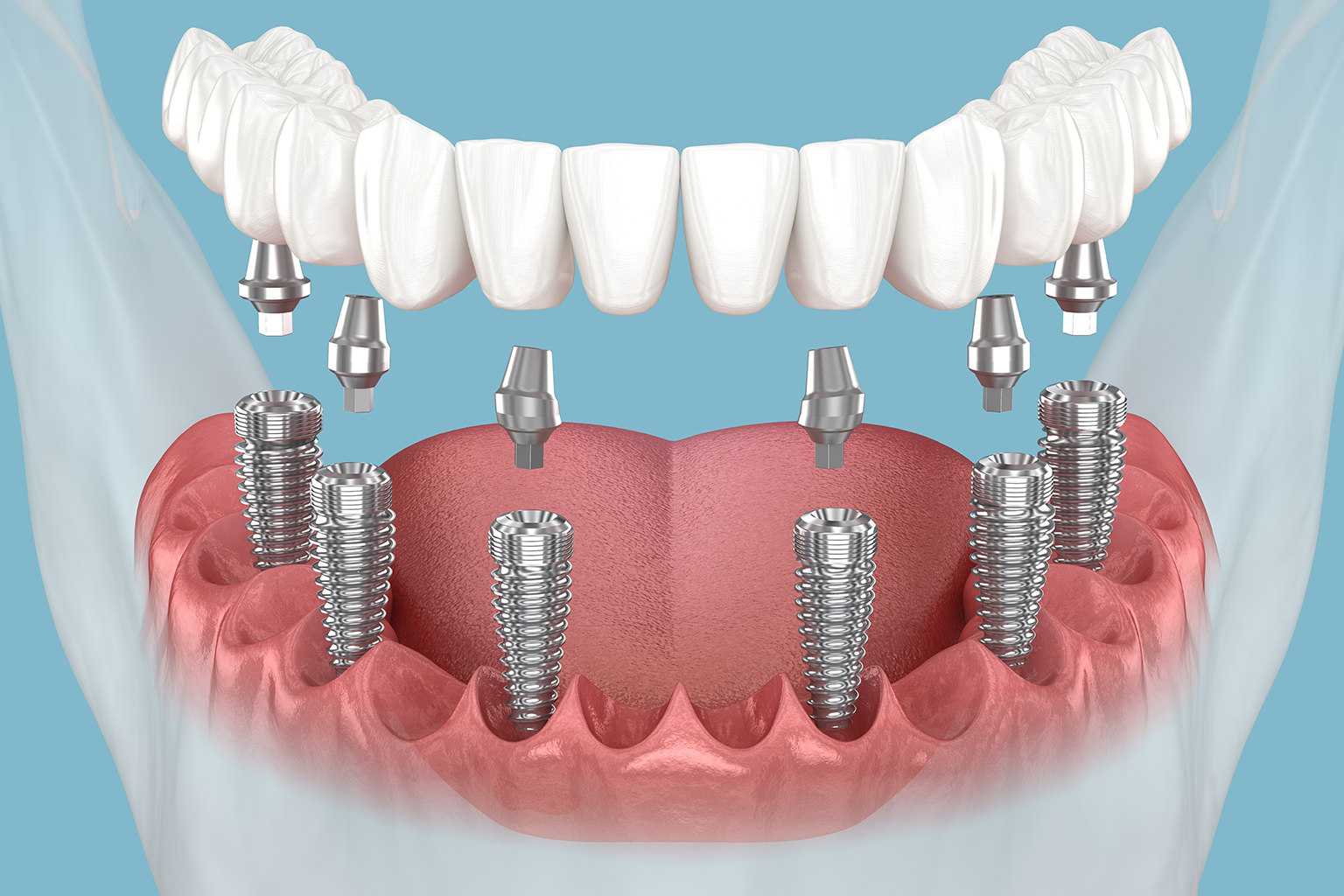 What to Ask Before Getting Dental Implants?
What to Ask Before Getting Dental Implants?
Before committing to dental implant treatment, it’s essential to be well-informed and prepared. Making the right decision involves understanding not only the benefits but also the process, risks, and financial investment. Here are some critical questions to ask your dentist to ensure you’re making the best choice for your oral health:
Am I a good candidate for dental implants?
Not everyone is an ideal candidate for implants. Your dentist will evaluate factors like bone density, gum health, and overall medical conditions to determine your eligibility. If you have insufficient bone in your jaw, you may require a bone graft before implant placement. It’s also important to discuss any underlying health conditions, such as diabetes or autoimmune disorders, that could impact the success of the implant.
What is the treatment process like?
Understanding the stages of implant placement—from the initial consultation and any preparatory procedures (like bone grafting) to the actual implant placement and the healing process—is crucial. The treatment typically involves several appointments over a few months. Knowing what to expect at each stage will help you prepare mentally and physically for the procedure.
How long will the implants last?
Dental implants are designed to be a long-term solution. With proper care, they can last a lifetime. However, it’s essential to discuss the maintenance requirements, such as regular dental visits and proper oral hygiene practices, to ensure their longevity. Your dentist can also explain factors that might affect the lifespan of your implants, such as smoking or grinding your teeth.
What are the risks and benefits?
Every surgical procedure has its risks, and dental implants are no exception. Ask about the success rate of implants and potential complications, such as infection, nerve damage, or implant failure. Understanding these risks will help you weigh them against the benefits, which include improved oral function, enhanced appearance, and increased self-confidence.
What will the cost be?
Dental implants can be a significant financial investment. Make sure to get a clear understanding of the costs involved, including any additional procedures, such as bone grafts or extractions, that may be necessary. It’s also worth discussing payment plans, insurance coverage, and financing options with your dental office to ensure that you’re comfortable with the financial aspect of your treatment.
By asking these questions, you’ll be better equipped to make an informed decision about your dental implant treatment, ensuring a smoother process and a more successful outcome.
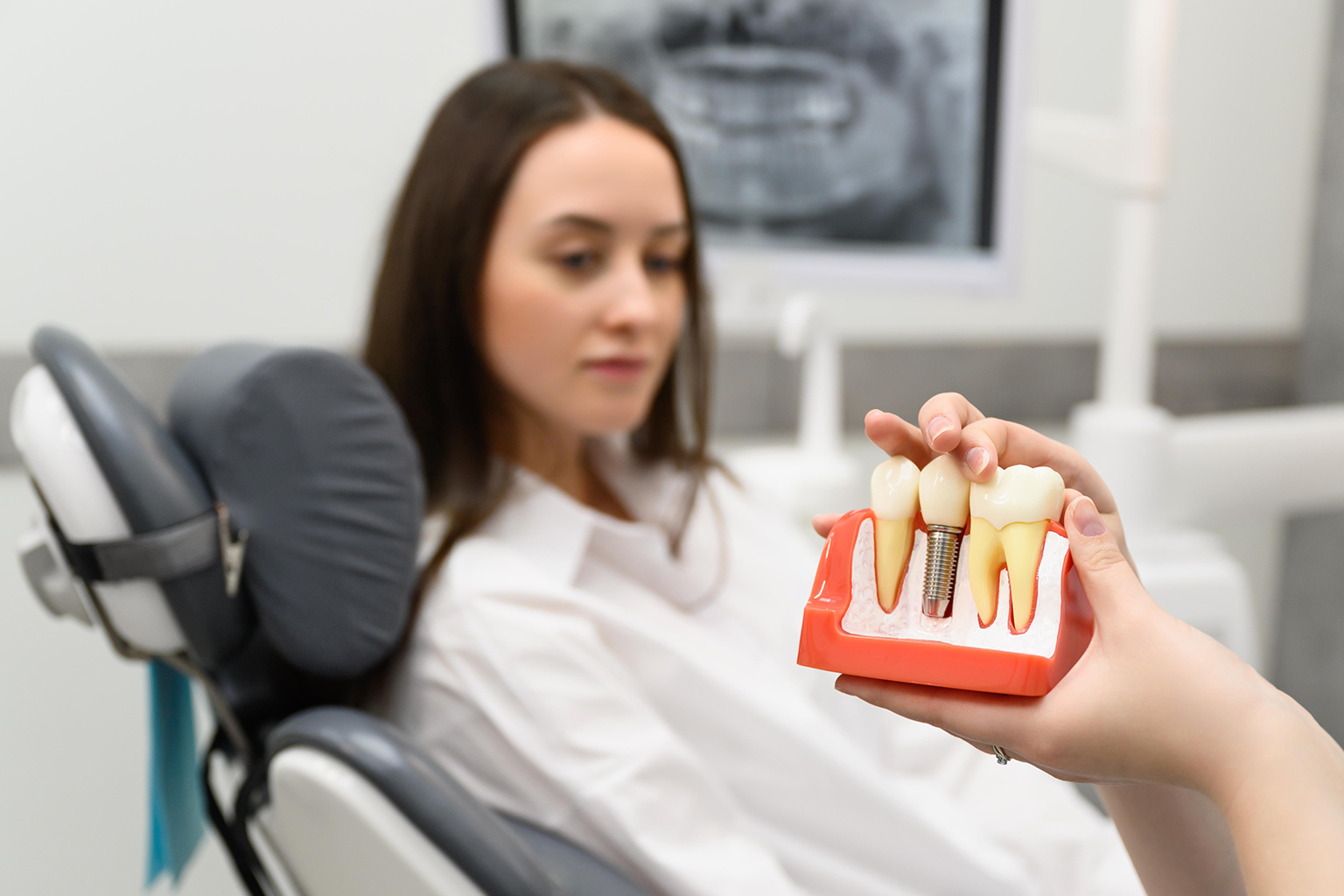 Schedule Your Consultation Today!
Schedule Your Consultation Today!
Dental implants are a transformative option for those looking to restore their smile and improve their oral health. Whether you’re missing one tooth or several, understanding your treatment options is the first step toward a healthier, more confident you. Ready to explore how dental implants can benefit you? Contact us today to schedule your consultation and take the first step toward a brighter smile.

